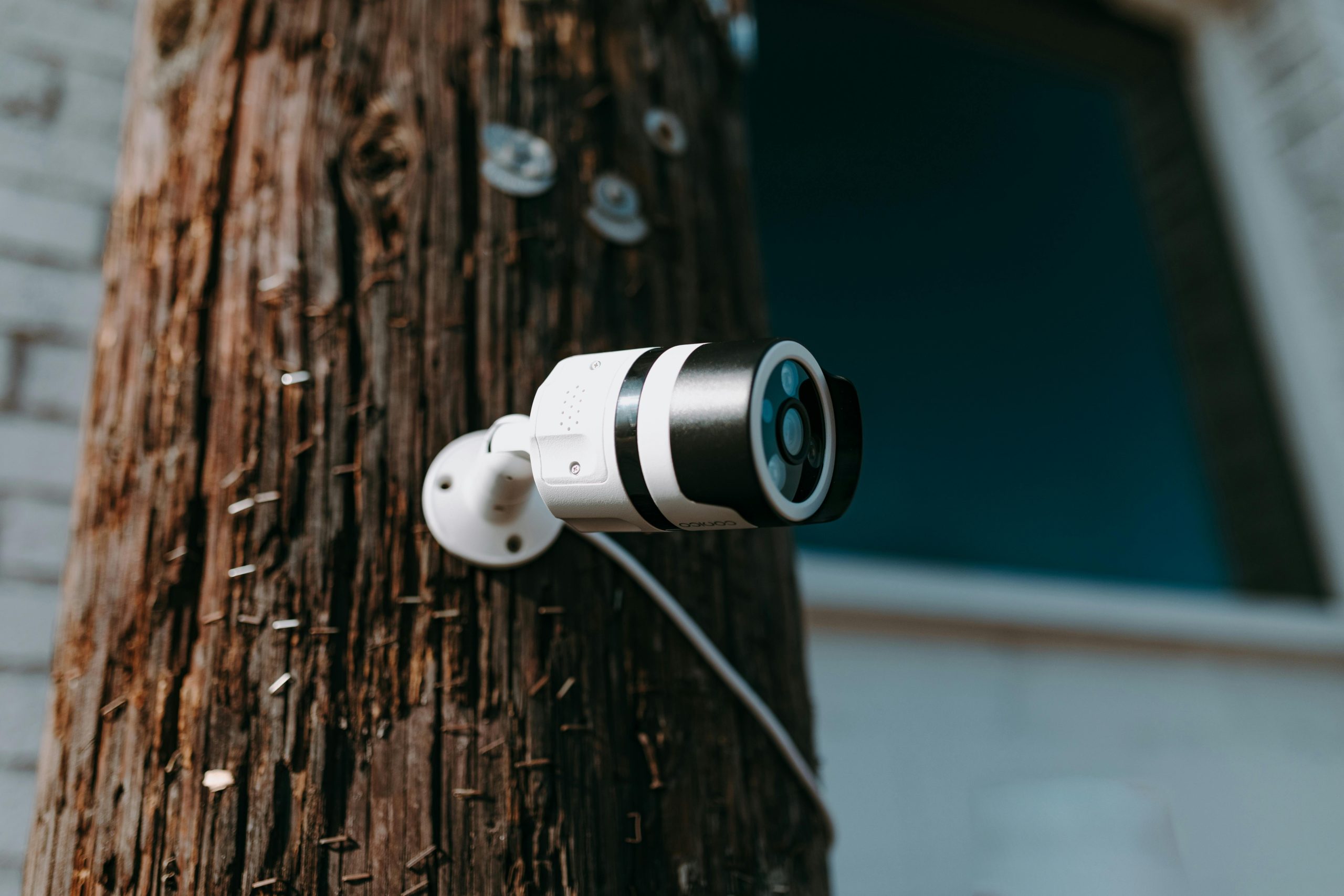Troubleshooting the “Your Connection Is Not Private” Error: A Guide for the Stumped Techie
Hello, readers!
Today, I want to delve into an issue that many internet users have encountered at some point: the frustrating “Your connection is not private” message. This message typically indicates a problem with the website’s security certificate, and even seasoned tech support professionals can find it confounding.
I recently faced a particularly perplexing situation while working on my own PC, and I hope sharing my experience can assist others who find themselves in a similar predicament.
The Problem Encountered
While using an Ethernet connection, I was unable to access any website without receiving a warning stating:
“Your connection is not private”
Certain attackers might be attempting to steal your information from [website URL] (for instance, passwords, messages, or credit card details). Learn more
NET::ERR_CERT_COMMON_NAME_INVALID
Despite my experience in tech support, this issue left me completely stumped.
Troubleshooting Steps Taken
Determined to resolve the problem, I systematically approached potential solutions, which included:
- Verifying Date and Time Settings: Ensured that my system clock was accurate.
- Clearing Browser Data: Wiped cache and cookies across multiple browsers and attempted access in incognito mode.
- Testing Different Browsers: Switched between different web browsers to isolate the issue.
- Resetting Winsock and Flushing DNS: Performed network resets to refresh connectivity.
- Restarting the Router: Attempted to re-establish the connection by cycling the router power and experimenting with different Ethernet ports.
- Manual IP and DNS Configuration: Set fixed IP and DNS addresses to ensure proper network routing.
- Reviewing Proxy Settings: Checked for any misconfigurations in proxy settings.
- Clearing SSL State: Cleared any stored SSL state in the browser.
- Reinstalling Network Drivers: Updated drivers to ensure compatibility and performance.
- Excluding from Antivirus: Disabled Windows Defender and ensured there was no interference from other security software.
- Chrome Shortcut Modification: Tried adding a command to ignore certificate errors in Chrome.
The Setup in Question
To give context, my setup included:
- Motherboard: Asus B450-F Gaming
- CPU: Ryzen 2700x
- Operating System: Windows 10 x64 (
Share this content:



